Royal Marines have carried out high-profile anti-terrorism training on a New South Wales ferry in full view of the Sydney Opera House, as part of Exercise Talisman Sabre 2025.
Commandos from Plymouth-based 42 Commando boarded the passenger vessel during joint maritime operations in Sydney Harbour, working alongside special forces from Australia, the United States, Japan and Singapore.
The UK’s specialist boarding unit rehearsed the rapid capture of the ferry using US Black Hawk helicopters, Chinooks and fast raiding craft. The operation showcased close-quarters combat techniques designed to counter piracy, smuggling and maritime terrorism.
Commandos down under! @RoyalMarines from @42_commando have been training with international partners to board a civilian vessel as part of a maritime counter-terrorism exercise on #ExTalismanSabre25 in Australia. 🇦🇺 pic.twitter.com/NSC3gLJqwA
— UK Commando Force Operations (@Commando_Ops) July 24, 2025
The Royal Navy said the training reflected the real-world tasks the unit performs. Earlier this year, 42 Commando supported HMS Lancaster in seizing £30 million worth of illegal narcotics in the Middle East.
The unit also trained in urban combat techniques during the deployment, conducting building clearance operations in specialised facilities in New South Wales.
The exercise forms part of the wider Talisman Sabre 2025, Australia’s largest military exercise to date. Around 35,000 personnel from 19 nations are participating across multiple domains, from Darwin to Brisbane and into Papua New Guinea.
🇬🇧🇦🇺 Royal Marines from @42_commando and @Commando_Ops are training with Australian forces during #TalismanSabre. The urban combat drills are part of the UK’s Operation Highmast deployment to the Indo-Pacific. #RoyalMarines pic.twitter.com/vJzrYPB5kx
— UK Defence Journal (@UKDefJournal) July 24, 2025
The UK Carrier Strike Group, led by HMS Prince of Wales, spearheaded the UK’s contribution. In total, around 2,500 Royal Navy sailors and marines, 900 British Army personnel and 600 RAF personnel are deployed as part of Operation Highmast.
Alongside joint operations with the USS George Washington carrier group, HMS Prince of Wales has also hosted US Marine Corps MV-22 Ospreys. USMC F-35Bs are expected to join later phases of the deployment.
Talisman Sabre runs until early August, with UK forces contributing to demonstrations of interoperability and shared commitment to Indo-Pacific security.


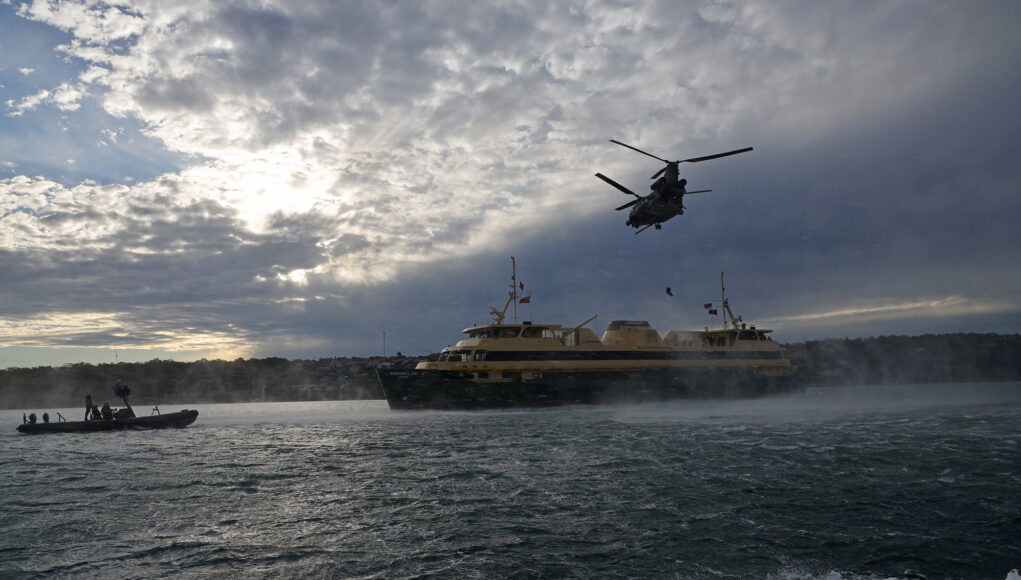
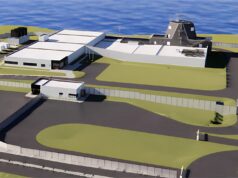
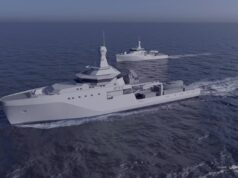
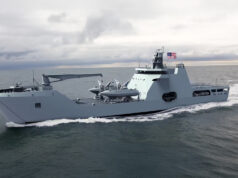
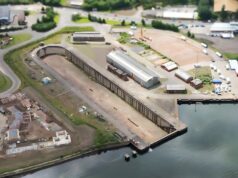
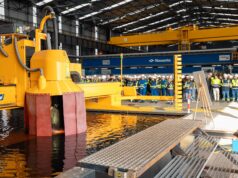
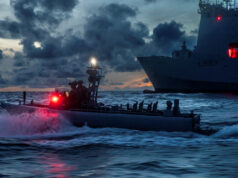

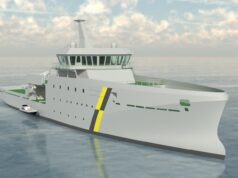
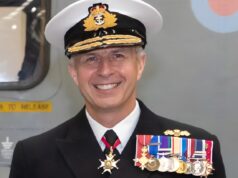
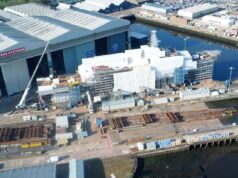

“Narcotics”= Drugs.
Baseball = Rounders.
Soccer = Football.
Aluminium has two U’s.
Defense = Defence.
Oh and Pants, Spunk and Gravy are all a bit messy.
Pretty sure both versions of Aluminium have two U’s.
They do but it depends which part of “Murca” you hail from, some of our friends say “Aluminim”, missing out the last “U” whilst other “Murcans” seem to miss out the last “I”.
Y’all.
Oh and we also have “Indian” friends who say “Cully”.
Interestingly, the US version has a valid claim to be the “original” and correct spelling. Sad when I found that out, as a Brit across the pond. But credit where it is due.
Brit discoverer Davy named the element “aluminum” in a textbook in 1812. Wife is a chemist so I can’t deny knowledge.
From Wiki…
—–
British chemist Humphry Davy, who performed a number of experiments aimed to isolate the metal, is credited as the person who named the element. The first name proposed for the metal to be isolated from alum was alumium, which Davy suggested in an 1808 article on his electrochemical research, published in Philosophical Transactions of the Royal Society.[127] It appeared that the name was created from the English word alum and the Latin suffix -ium; but it was customary then to give elements names originating in Latin, so this name was not adopted universally. This name was criticized by contemporary chemists from France, Germany, and Sweden, who insisted the metal should be named for the oxide, alumina, from which it would be isolated.[128] The English name alum does not come directly from Latin, whereas alumine/alumina comes from the Latin word alumen (upon declension, alumen changes to alumin-).
One example was Essai sur la Nomenclature chimique (July 1811), written in French by a Swedish chemist, Jöns Jacob Berzelius, in which the name aluminium is given to the element that would be synthesized from alum.[129][k] (Another article in the same journal issue also refers to the metal whose oxide is the basis of sapphire, i.e. the same metal, as to aluminium.)[131] A January 1811 summary of one of Davy’s lectures at the Royal Society mentioned the name aluminium as a possibility.[132] The next year, Davy published a chemistry textbook in which he used the spelling aluminum.[133] Both spellings have coexisted since. Their usage is currently regional: aluminum dominates in the United States and Canada; aluminium is prevalent in the rest of the English-speaking world.[134]
Talking of which, every time I type in the word ‘defence’ in this forum, which is quite common, I get the ‘orrible red underlines telling me that I’m stupid and can’t spell! Is it my settings or the site settings demanding that I speak American?
That won’t be UKDJ, that’ll be your browser.
Braw, fixed it! Cheers.
It’s about time we sorted out the Ozes. They win too much at sports, but using military force is possibly a bit much?